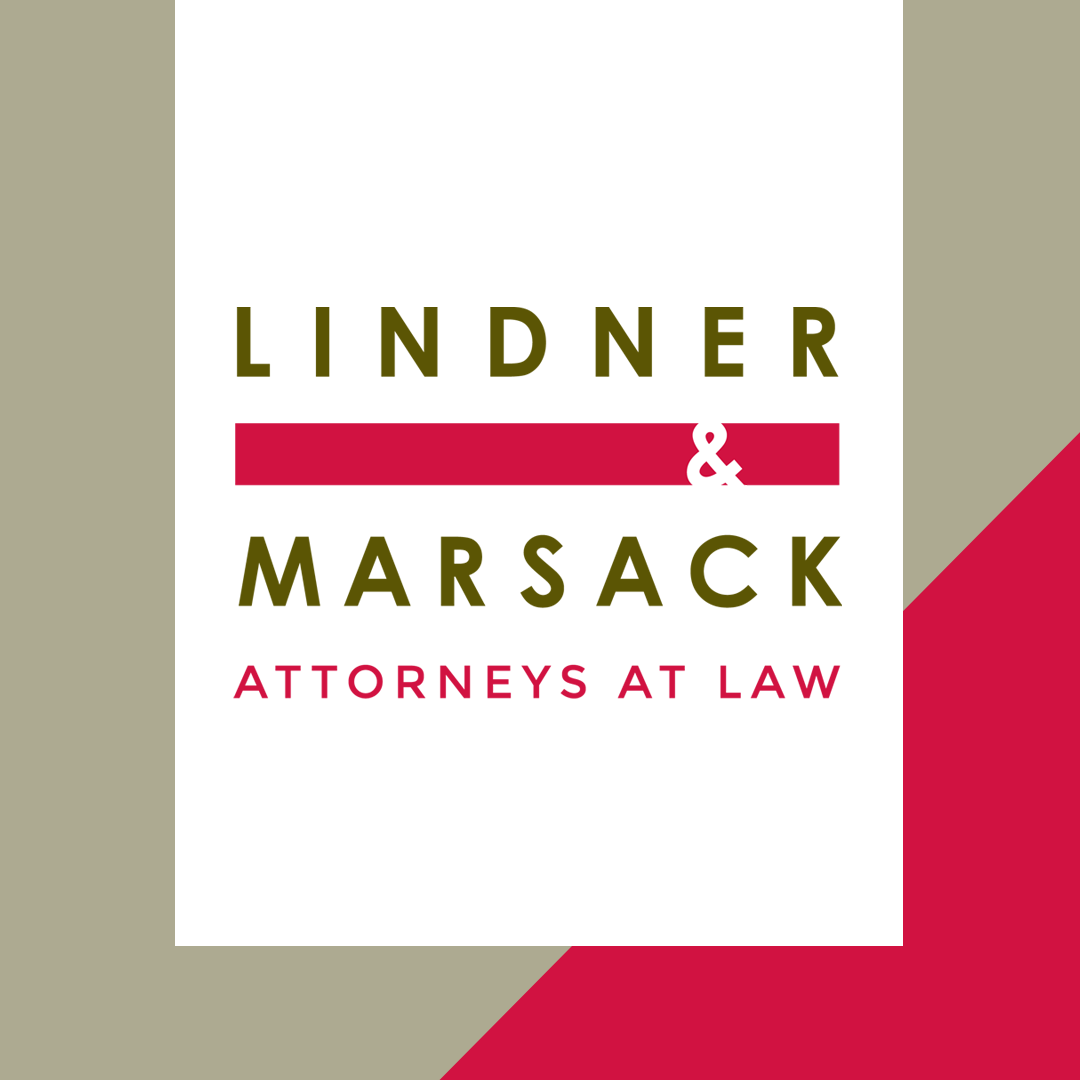By Alexandra “Sasha” Chepov The Department of Labor (DOL) recently issued an opinion letter providing clarification as to how an employer is to calculate an employee’s leave entitlement under the Family and Medical Leave Act (FMLA) when such leave is taken during a week that includes a holiday. The FMLA entitled eligible employees of covered […]

